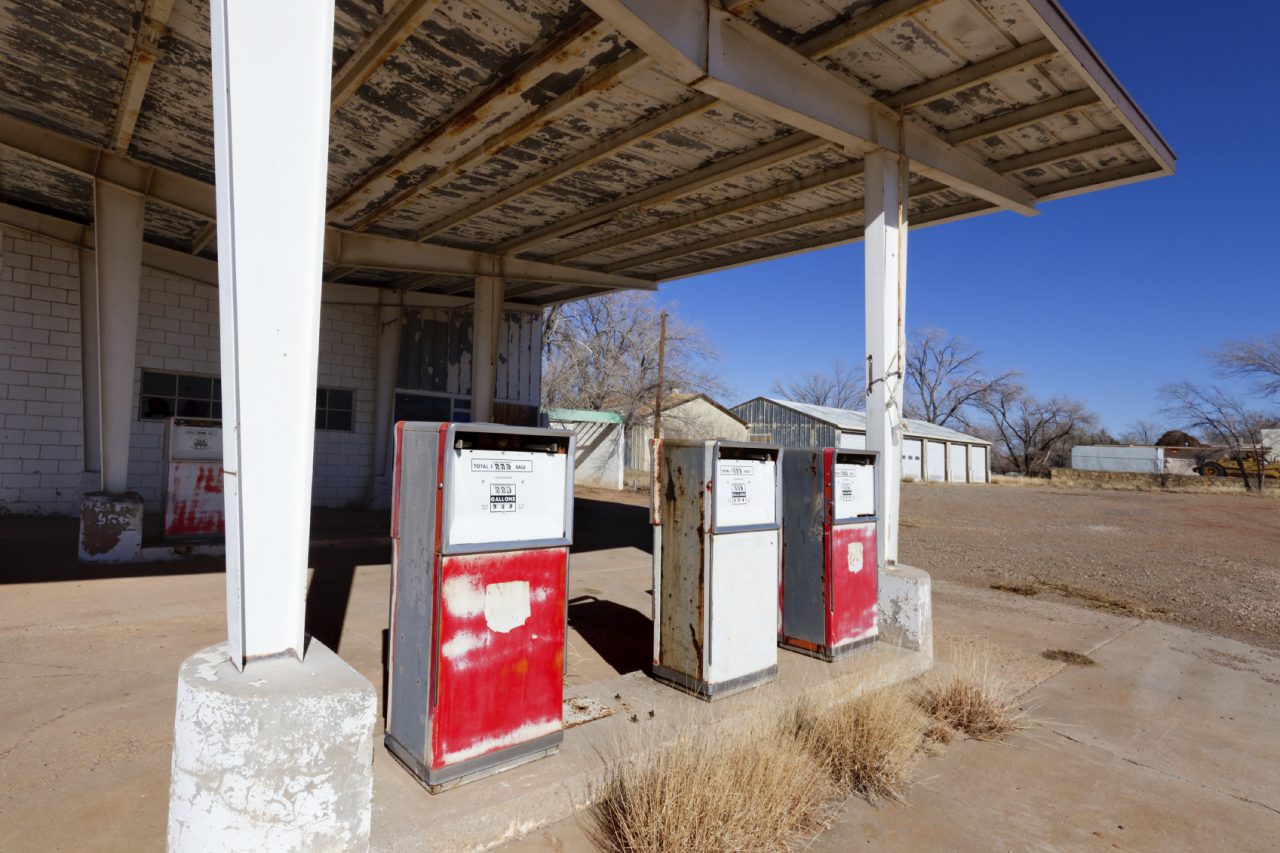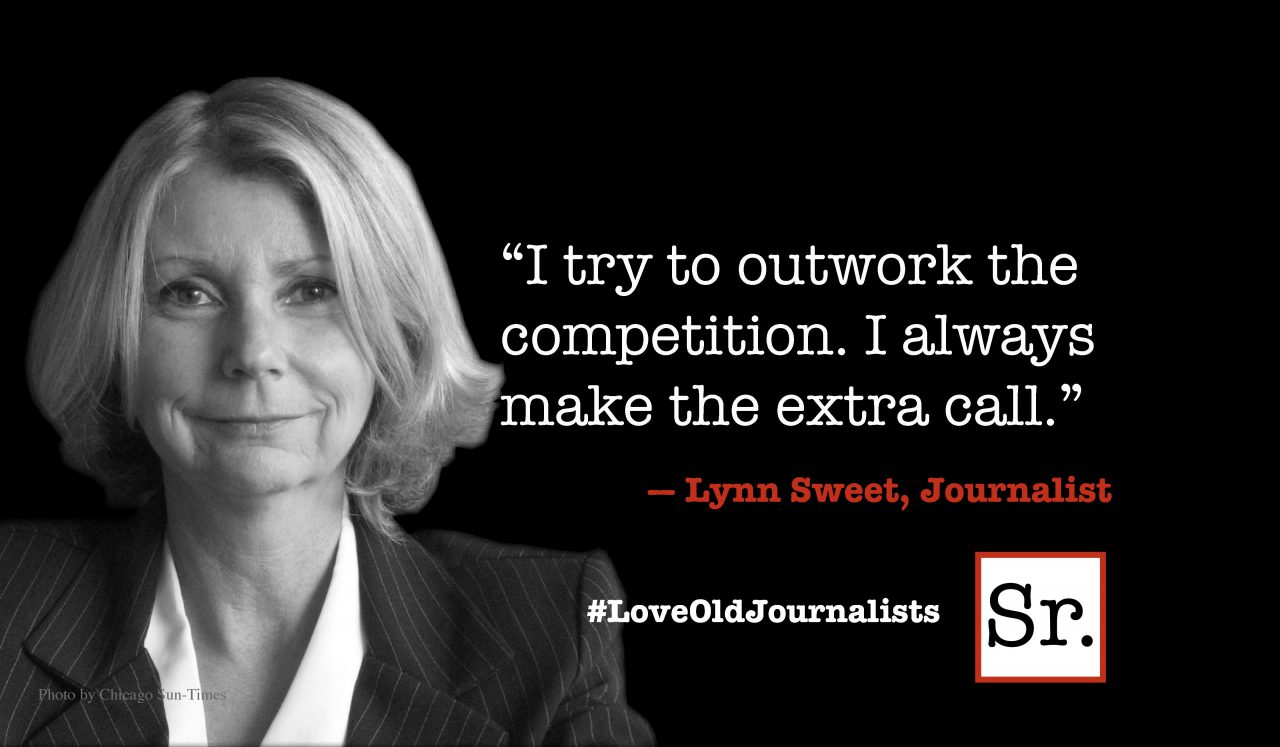I’m thinking of a time in the late 1950s when my wife and I were living through an economic recession of our own. We were living off the charity of her mother in Salem, Oregon. Some months before, I’d quit my newspaper job in California and taken my bride to Mexico. Like many aspiring writers before and after, I was going to write the Great American Novel. Hemingway could eat his heart out.
In the end, we had little to show for our enterprise; and, with our savings gone, we sheepishly made our way back to the States, wounded in spirit and dead broke.
I had to find a job. Newspaper work was scarce around Salem. Things got so bleak that I was willing to try my soft hands at manual labor. My wife was too frail for the job market. She’d recently had emergency surgery for a ruptured tubular pregnancy.
One day I spotted an opening at a downtown gas station. I knew next to nothing about cars, except for checking the oil, and changing a tire. But the station manager wasn’t looking for a mechanic. He wanted someone he could trust on the graveyard shift —midnight to eight — someone to keep honest books.
Although he conceded I fit the bill, he refused to hire me.
By way of explanation, he said, “You’re overqualified. You’ve been to college.”
He didn’t understand why a fellow who’d been to a university would want to work in a filling station.
But I pressed. He heard my sorry plight and, probably to shut me up, gave me the job.
The station belonged to a chain that only sold gas and oil. No maintenance, no repairs, no tune up. The draw was a gift shop. For every gallon of gas purchased, a customer “earned” a coupon. Over time, one could accumulate enough coupons to arrive home with a winsome doll, or showy train or sparkling piece of jewelry.
Some people were in such a hurry to leave after they’d stopped for gas that they waved me off when I approached with their stamps. “Keep ‘em,” they said. And I did. A few others never wanted them. Before long I had a pile of coupons. How to dispose of them?
As day would break, a baker and a fellow from a paper mill showed up within an hour of each other. They filled their tanks and always reached out for the coupons. The baker was saving for that winsome doll. The fellow from the mill wanted the sparkling jewelry.
I don’t remember who thought of it, but the three of us eventually worked out a bartering arrangement. I began giving them my “free” coupons. In return, the baker brought me fresh bread from his ovens and the man from the mill reams of white paper. The baker’s fare eased the budget at home, and the reams of paper helped keep me writing.
The barter system — something to keep in mind in hard times.









